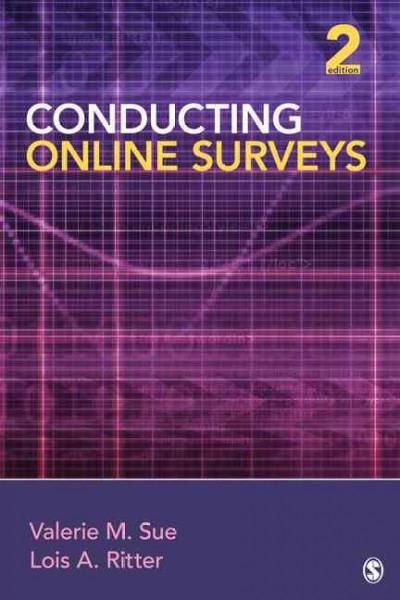Question
References de Moor, E. L., Nelemans, S. A., Becht, A. I., Meeus, W., & Branje, S. (2023). Personality Development Across Adolescence and Young Adulthood: The
References
de Moor, E. L., Nelemans, S. A., Becht, A. I., Meeus, W., & Branje, S. (2023). Personality Development Across Adolescence and Young Adulthood: The Role of Life Transitions and Self-Concept Clarity. European Journal of Personality, 37(5), 587-604. https://doi-org.ezproxy.umgc.edu/10.1177/08902070221119782
Step 1: Read the article starting with the Title and Abstract, which will give you a quick preview of the purpose and results of the article.
Step 2: Read the Introduction. Highlight the purpose of the article and the author's hypothesis (e.g., what was studied, what the authors predicted, and why they found the topic worthy of study). Pay attention to the context provided for the research (i.e., what research has been done previously in the field? what issue or problem is this study trying to address?)
Step 3: Read the Methods section. Note the description of the participants and any tests, surveys, questionnaires, apparatus, or other materials that were used. Pay particular attention to the details involved in the experimental procedure. How were the variables manipulated or measured? Recall that the Independent Variable (IV) is the variable that is manipulated by the research (i.e., whether the room is hot or cold (if that is the variable of interest) or whether participants are given a placebo, shown any type of media or other stimuli, given talk therapy, or instructed to take medication (if that is the variable of interest). Remember that the Independent Variable is what was different about the experiences of the different groups. Recall also that the Dependent Variable (DV) is that variable that is measured, or, the outcome of the study (i.e., test performance or lessening of depressive symptoms).
Step 4: Read the Results. Try not to get intimidated by complex statistical analysis. Instead of focusing on the numbers, focus on the short descriptions that accompany the findings explaining what the researchers found (i.e., Did the researchers find evidence that supports their hypothesis?)
Step 5: Read the Discussion. Pay special attention here to what the authors say about the importance of their findings or the lack of findings. Think about other things you could do to look at this issue.
Step 6: Prepare a 2- to 5-page summary of the article fully paraphrased in your own words and your own writing style and structure. Changing a few words from the original is not fully paraphrasing.
Be sure to address the following questions in your summary:
- What is the purpose of the research? (Address specifics regarding the overall purpose of the research in question.)
- What hypothesis is tested? (Provide a clear statement of the researchers' prediction.)
- How did the researchers investigate their research question? (Provide details regarding the study methodology.)
- What are the pertinent results of the manipulation? (What were the findings and conclusions drawn?)
- What is yourpersonal opinion of the study conducted? Should it be repeated? What could be improved?
- What is your overall impression of the work? What are the implications of the study for the practice of counseling psychology?
Your summary should be written as a coherent essay (do not format as a list of answers to these questions). You may include additional insights in your analysis, but you must address these key issues.
Structure your paper utilizingAPA style(7th Edition); this includes title page, headings, in-text citations
Step by Step Solution
There are 3 Steps involved in it
Step: 1

Get Instant Access to Expert-Tailored Solutions
See step-by-step solutions with expert insights and AI powered tools for academic success
Step: 2

Step: 3

Ace Your Homework with AI
Get the answers you need in no time with our AI-driven, step-by-step assistance
Get Started


